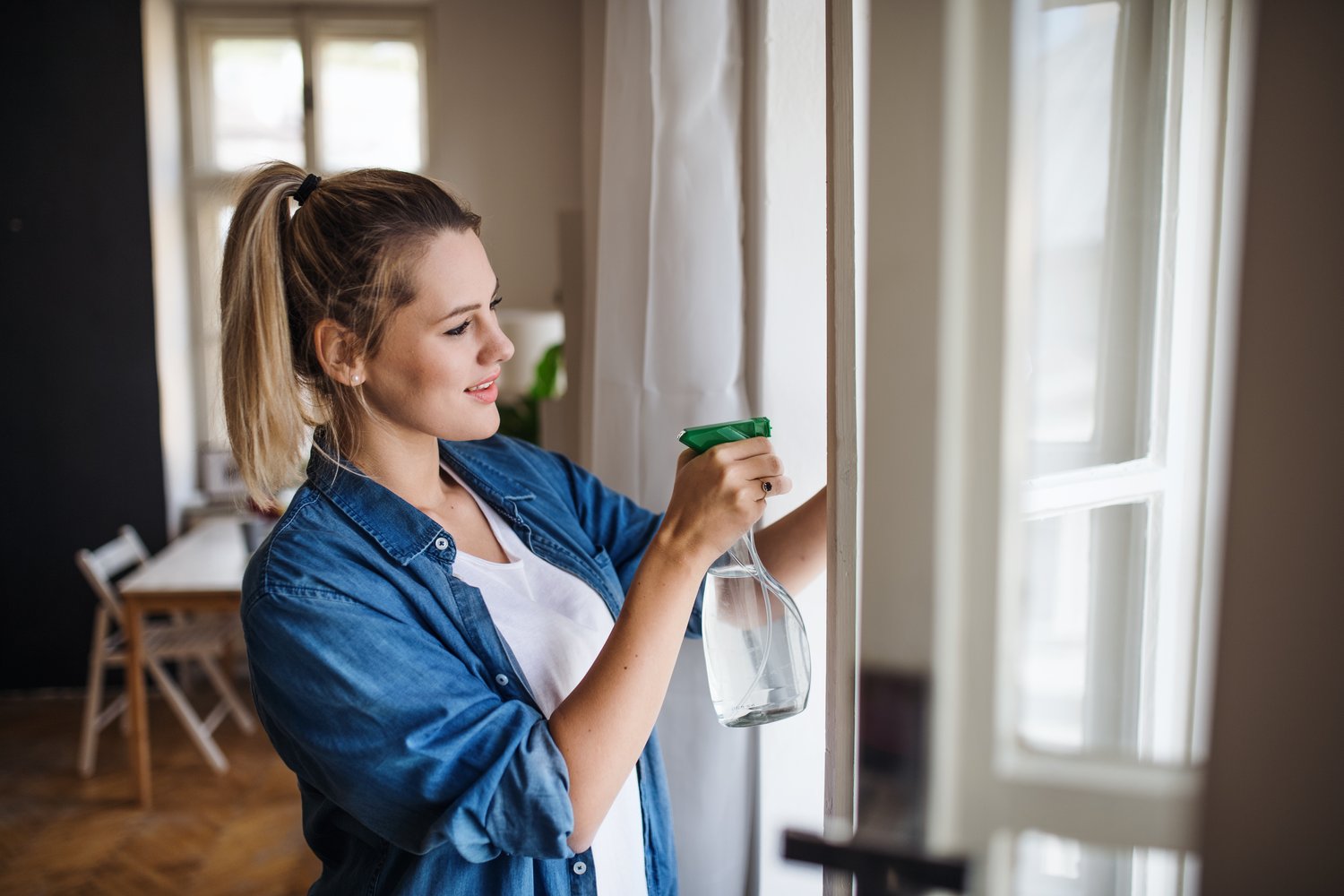Commercial cleaning products often contain harsh chemicals that can pose risks to your health and the environment. Fortunately, you can create powerful DIY natural cleaners using simple ingredients likely already in your pantry. These eco-friendly cleaning recipes not only save money but also reduce plastic waste and chemical exposure in your home. This article shares practical, effective homemade cleaner formulas that deliver professional-grade results without the toxic ingredients.
Why Choose Natural Cleaning Solutions
The average household cleaning cabinet contains products with dozens of potentially harmful chemicals. These substances can trigger respiratory issues, skin irritations, and allergic reactions. Many conventional cleaners also contribute to indoor air pollution, which can be five times worse than outdoor air quality according to EPA studies. By switching to non-toxic cleaning solutions, you protect your family’s health while maintaining a clean home. Homemade cleaners typically use simple ingredients like vinegar, baking soda, and essential oils that have been proven effective for generations before commercial chemical products became widespread.
Essential Ingredients for Homemade Cleaners
Creating your own eco-friendly cleaning recipes requires just a few basic ingredients. White vinegar serves as the foundation for many DIY natural cleaners due to its acidity that cuts through grease and kills bacteria. Baking soda works as a gentle abrasive and deodorizer. Castile soap provides plant-based cleaning power without harsh detergents. Essential oils like tea tree, lavender, and lemon add pleasant scents while contributing antimicrobial properties. Hydrogen peroxide offers non-toxic disinfecting capabilities. With these fundamental components, you can make cleaners for virtually every surface in your home without introducing harmful substances.
All-Purpose Cleaner Recipe
An effective all-purpose cleaner stands as the cornerstone of any cleaning routine. To make this versatile solution, combine one cup of distilled water with one cup of white vinegar in a spray bottle. Add two tablespoons of castile soap and 15 drops of your preferred essential oil like lemon, lavender, or tea tree. The vinegar cuts through grease and disinfects surfaces, while the castile soap lifts dirt. Essential oils provide a pleasant scent and additional antimicrobial benefits. This mixture works wonderfully on countertops, appliances, and most hard surfaces throughout your home. For marble or granite surfaces, omit the vinegar as the acidity may damage natural stone.
Natural Bathroom Cleaner
Bathrooms require special attention due to moisture and bacteria concerns. Create a powerful bathroom cleaner by mixing one cup of baking soda with one-quarter cup of castile soap to form a paste. Add ten drops of tea tree essential oil and five drops of eucalyptus oil for their potent antimicrobial properties. This paste works effectively on tubs, tiles, and sinks. For toilet cleaning, sprinkle baking soda into the bowl, add a quarter cup of vinegar, and let it fizz for ten minutes before scrubbing. These non-toxic cleaning solutions address bathroom grime without the chlorine and ammonia found in commercial cleaners that can create dangerous fumes when accidentally mixed together.
Kitchen Degreaser Solution
Kitchen surfaces accumulate tough grease that requires extra cleaning power. For an effective eco-friendly degreaser, combine a half cup of vinegar with a quarter cup of baking soda and two tablespoons of castile soap in a spray bottle, then fill the remainder with warm water. The mixture will initially fizz due to the vinegar-baking soda reaction, so prepare it with the spray top off. This solution cuts through cooking oils and food residue on stovetops, range hoods, and cabinets. For stubborn grease, apply the solution and let it sit for 5-10 minutes before wiping clean. As professionals at AskHomey recommend, regular maintenance with natural cleaners prevents buildup that requires stronger chemical intervention later.
Glass and Mirror Cleaner
Achieving streak-free glass surfaces doesn’t require ammonia-based commercial products. Mix equal parts white vinegar and distilled water in a spray bottle for a simple yet effective glass cleaner. For best results, use newspaper instead of paper towels to wipe surfaces, as the newspaper doesn’t leave lint behind. If you dislike the vinegar smell, add a few drops of lemon essential oil to provide a fresher scent. This homemade cleaner works remarkably well on windows, mirrors, and glass shower doors without leaving residue or streaks.
Wood Surface Polish
Caring for wood furniture and floors requires gentler cleaning approaches. Create a natural wood polish by mixing one part lemon juice with two parts olive oil. The lemon cuts through dirt while the oil conditions the wood. Apply a small amount to a soft cloth and rub into wood surfaces using circular motions. This DIY natural cleaner nourishes wood without the petroleum distillates found in commercial furniture polishes. For wood floors, use a damp mop with a solution of warm water and a few drops of castile soap, being careful not to oversaturate the wood.
Making the Transition to Natural Cleaning
Switching to eco-friendly cleaning recipes doesn’t need to happen overnight. Begin by replacing products as they run out with homemade versions. Store your non-toxic cleaning solutions in clearly labeled glass bottles or reuse plastic spray bottles from previous products after thorough rinsing. Remember that natural ingredients can still cause reactions in sensitive individuals, so always test new mixtures on inconspicuous areas first. With consistent use, you’ll likely find these homemade cleaners perform just as effectively as their commercial counterparts while providing significant health and environmental benefits.
For more tips and to connect with reliable home service professionals, follow AskHomey on Facebook and Instagram.



